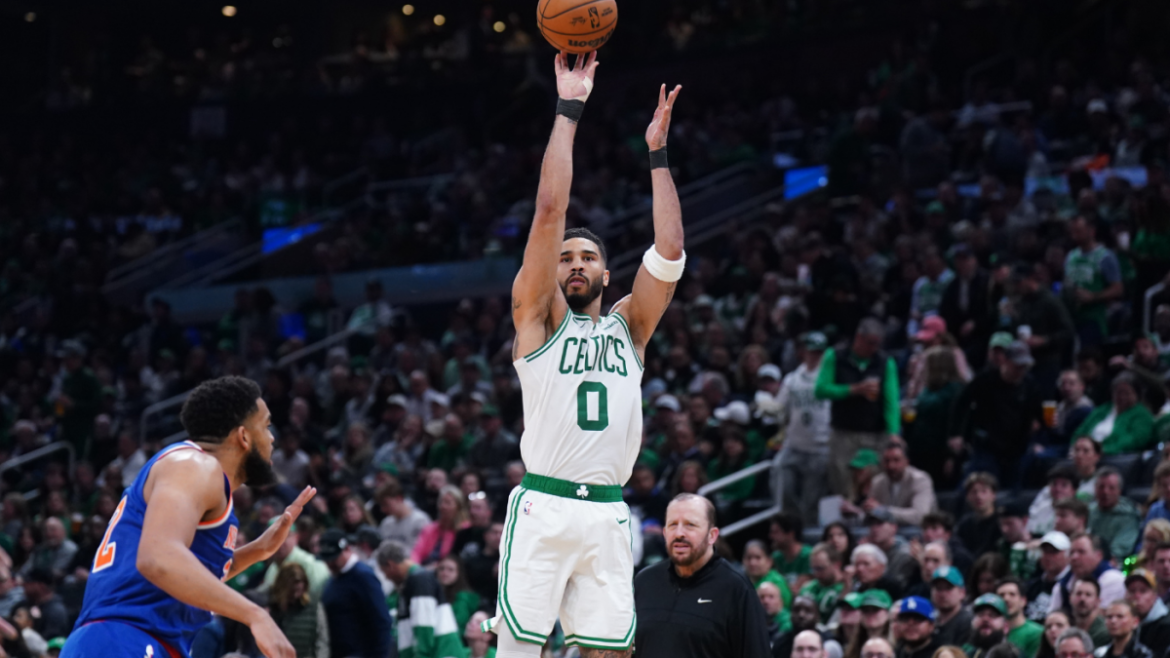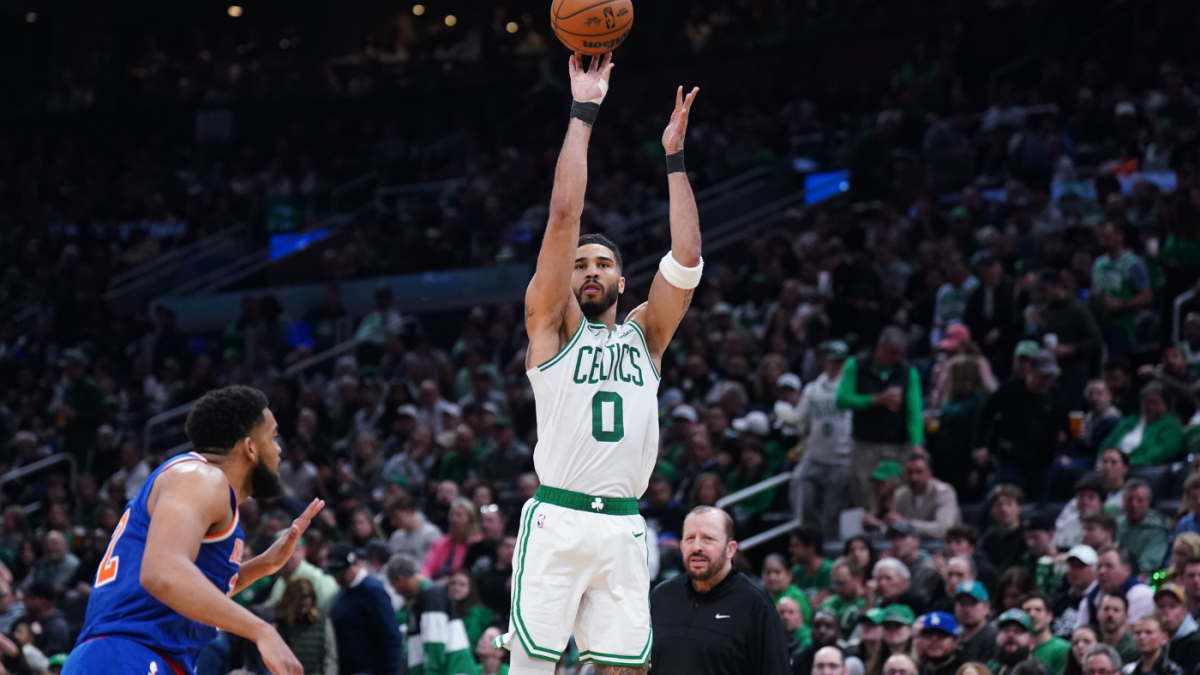The Boston Celtics: A Historical Perspective and Current Challenges
The Boston Celtics, one of the most storied franchises in the NBA, have a rich history that spans over seven decades. Their legacy is built on a foundation of championships, legendary players, and a deep connection with their fans. However, the team’s performance and strategic decisions in recent times have sparked discussions and debates among fans and analysts alike.
The Importance of History in the Celtics Brand
History is a significant part of the Celtics brand. The franchise has won 17 NBA championships, the most by any team in the league. This historical success has created a strong identity for the Celtics, making them one of the most recognizable and respected teams in basketball. Any changes to the team’s environment, such as a new arena, especially if it were outside of the city, would undoubtedly affect this identity. The Celtics’ history is deeply intertwined with the city of Boston, and any significant changes could alter the team’s dynamics and fan perception.
Recent Performance: Struggles and Successes
The Celtics have had a mixed season, with periods of dominance interspersed with frustrating losses. One of the most notable issues has been their three-point shooting. In a Game 1 loss, the Celtics went historically cold from three, finishing at 25% from the field. This inefficiency was starkly highlighted by their record-setting 45 missed three-pointers. The lack of a Plan B when the three-point shot wasn’t falling was evident, and it cost them dearly in crucial moments.
In other games, the Celtics’ struggles from beyond the arc have been a recurring theme. For instance, in a game against the Magic, Jayson Tatum was the only player who could find his rhythm from three, while the rest of the team struggled. This inconsistency has been a significant factor in their recent slump, where they lost five out of their last six games.
Offensive and Strategic Challenges
The Celtics’ offensive movement has been a point of concern. Despite having a talented roster, the team has struggled to maintain a consistent offensive pace. In a game against the Heat, the Celtics’ shooting from three-point range was abysmal, with a 31.3% success rate. This, combined with a lack of support for their superstars, has led to frustrating performances.
The team’s end-of-game sets have also lacked inspiration. Jayson Tatum, often the focal point in late-game situations, has not received the necessary support. The Celtics’ plays have been too predictable, starting with Tatum far from the hoop, which has made it easier for opponents to defend against them.
The Impact of Strategic Decisions
The Celtics’ strategic decisions have also come under scrutiny. In a game against the Knicks, the Celtics blew a 20-point lead, ultimately losing in overtime. This loss highlighted the team’s inability to close out games, a problem that has plagued them throughout the season.
The team’s defensive strategies, particularly their three-point defense, have also been questioned. While the offense has been the primary focus of criticism, the defense has not been immune to scrutiny. The Celtics’ struggles on both ends of the court have contributed to their recent slump.
The Road Ahead
As the Celtics look to the future, they face several challenges. The team must address their offensive inconsistencies and develop a more reliable Plan B when their primary strategies fail. They must also improve their end-of-game sets and provide more support for their superstars.
The Celtics’ history and brand are significant assets, but they must adapt to the changing landscape of the NBA. This includes addressing their three-point shooting struggles, improving their defensive strategies, and making strategic decisions that align with their long-term goals.
Conclusion: Embracing the Past, Building the Future
The Boston Celtics are at a crossroads. Their rich history and legacy are undeniable, but they must adapt to the challenges of the modern NBA. The team’s recent struggles have highlighted areas that need improvement, from their three-point shooting to their offensive and defensive strategies. As they look to the future, the Celtics must embrace their past while building a team that can compete at the highest level. The road ahead is challenging, but with the right adjustments and a commitment to their legacy, the Celtics can once again become a dominant force in the NBA.





